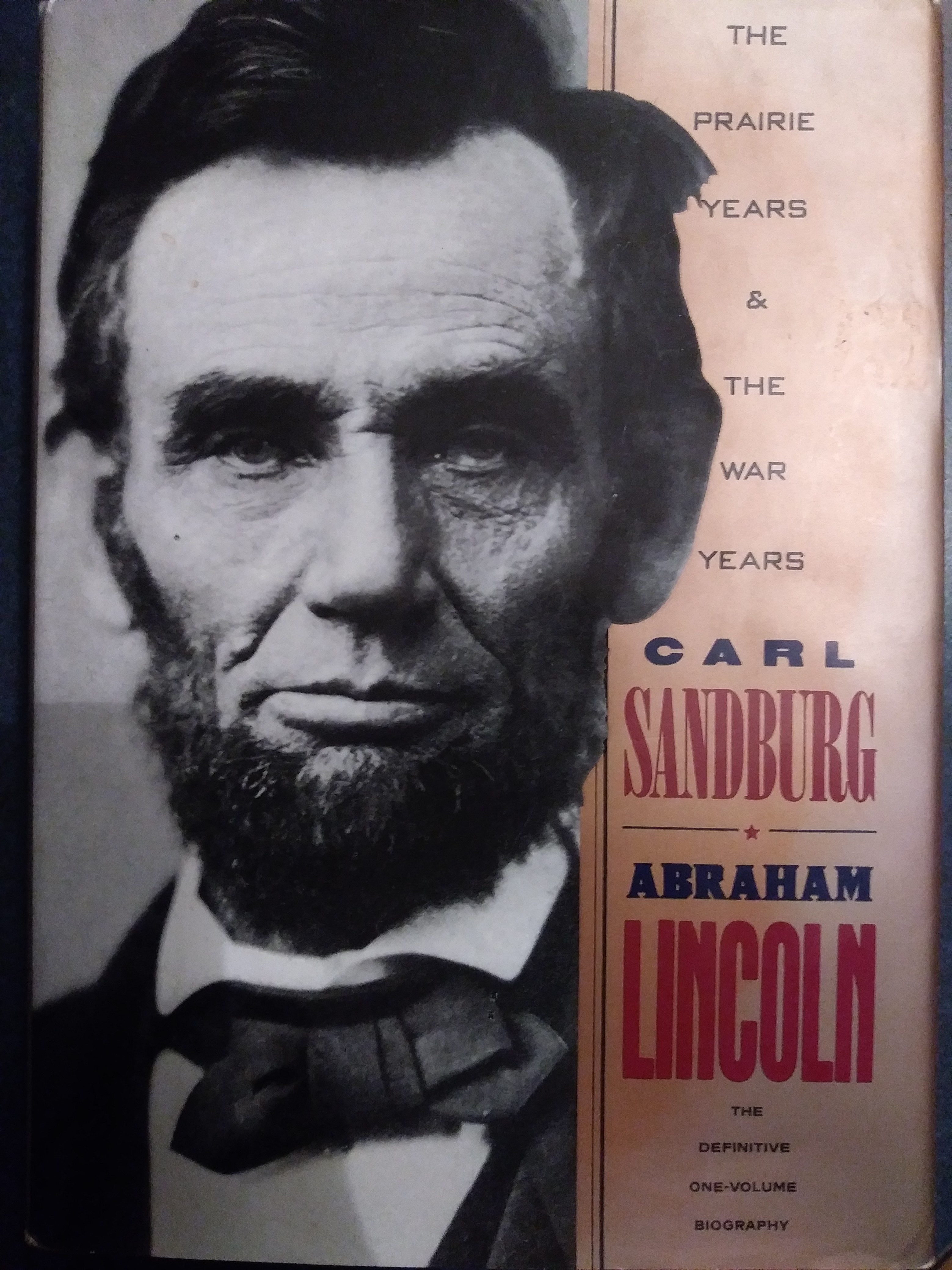JUNE 10, 2019 – Recently I watched Ken Burns’ acclaimed documentary, The Civil War—the ultimate oxymoron. I’d read and studied much about that seismic event, and I’d been riveted to the first showing of the aforesaid documentary nearly three decades ago. But this time around, the Civil War looks more tragic, more cataclysmic, more baffling that at any prior juncture in my study of it.
How could this nation allow such a thing to happen in the first place, how could it tolerate untold self-inflicted blood-letting and cruelty continue for four hellish years, and how on earth could the nation pick itself up and stagger forward despite its wounds, scars, and permanently altered psyche?
Now as much as ever we need to remind ourselves of the Civil War—its causes as well as its horrific execution but also the double-sided coin of its aftermath: resilience, on the one side, and missed opportunity on the other.
After watching Ken Burns’ documentary, I happened to peruse a copy of Carl Sandburg’s one volume biography of Abraham Lincoln (published originally in two volumes, Sandburg himself later published a single volume abridgment). I’d purchased it 20 years ago thinking I should someday read it, but until now it merely gathered dust in my office.
I am now 80 pages into it, with 662 to go. Well written, as you might expect from the Pulitzer Prize winning poet (he won two Pulitzers for his poetry; one for his Lincoln biography), the book is the product of extensive scholarship. I would say that Sandburg presents an honest, unvarnished Lincoln, who, though clearly intellectually gifted and basically a good human being, was not necessarily destined for the greatness that defined him in the last four years of his life. Or more accurately, the greatness that retroactively defined him after his death.
One early impression that forms when reading Sandburg’s account of Lincoln’s early years is how life in Kentucky, then Indiana and later Illinois, was not that many steps away from that of cave dwellers. I mean, life was primitive, unforgiving, and for most folks, just plain short and miserable. How someone could start from such circumstances and wind up as well-educated and thoroughly civilized as Abraham Lincoln is, to the modern perspective, astonishing.
I still have a long way to go with Sandburg, with Lincoln. Meanwhile, another acclaimed work about Lincoln, Doris Kearns Goodwin’s Team of Rivals is collecting dust up at the cabin. I must read that too to get a fuller picture of Lincoln, who by his wits and wisdom, through darkness and despair, past glaring failures and grave disappointments, through harsh criticism and widespread doubts, led America through its very worst crisis; and whose legacy includes the finest orations in the history of Western Civilization.
In our current political polarization, a fresh look at Lincoln and the Civil War provides insight into the dichotomy that is America—extraordinary civility and unspeakable incivility.
But I dare say, that is the story of humankind.
© 2019 Eric Nilsson
